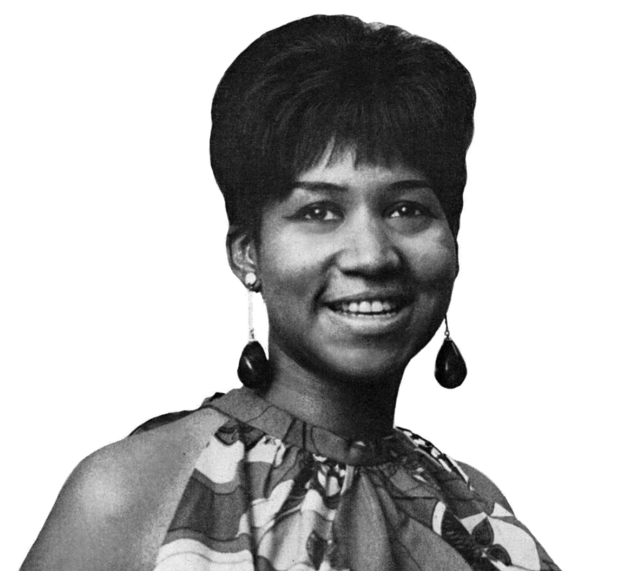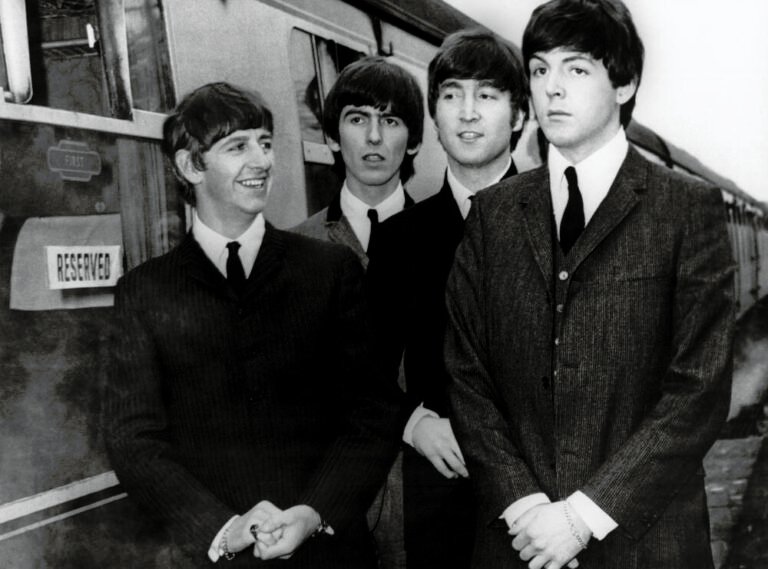
In May 1967, a moment exploded across the American airwaves that would echo for generations. A song that was originally written and recorded by Otis Redding found new life—more powerful, more fearless, and more defiant—through the voice of a woman who demanded to be heard. That woman was Aretha Franklin, and the song was “Respect.”
On May 27, 1967, “Respect” reached number one on the Billboard Hot 100, making Aretha the first woman in history to take that specific track to the top of the U.S. charts. But this wasn’t just a hit single. It was a declaration. A cry from every woman, especially Black women, who felt overlooked, underappreciated, and unheard.
Aretha didn’t just sing “Respect.”
She commanded it.
From the very first note, her version had grit, soul, and authority. The rhythm punched harder, the vocals soared higher, and the message hit deeper. It was no longer just about a man asking his woman for appreciation—it became a battle cry for women to demand what they were owed in a world that gave them crumbs and expected gratitude in return.
She Flipped the Meaning – And Flipped the Industry
Otis Redding’s original version of “Respect” was a man’s plea. He wanted loyalty, admiration, and acknowledgment from his woman after a hard day’s work. But when Aretha got hold of it, she didn’t just cover it—she flipped it on its head.
She changed the lyrics subtly but powerfully. When she spelled out “R-E-S-P-E-C-T”, it wasn’t about catering to a partner—it was about standing tall. She added that unforgettable “sock it to me” refrain, turning it into something bold, cheeky, and unshakably confident. She wasn’t asking anymore. She was telling.
This was no longer a song about domestic love. It became about self-worth, power, and boundaries. It was a woman saying, “If you want my time, my love, my presence—then you better come correct.”
The Feminist Anthem Nobody Saw Coming
At a time when women were still expected to shrink themselves, Aretha’s “Respect” was lightning in a bottle. It hit right in the middle of the second-wave feminist movement, even though she never set out to make it a feminist record.
And yet, that’s exactly what it became.
Women everywhere played it loud and proud. It was blasted in kitchens, cars, marches, and bedrooms. It gave everyday women something to hold onto—something they could sing at the top of their lungs after being told to be quiet for too long.
Even today, it remains one of the most powerful feminist songs of all time, because it wasn’t written from theory—it was felt. It came from real life, real fire, and real pain.
The Legacy That Still Echoes
More than five decades later, “Respect” is still blasting through speakers, still being sung by voices of every age, gender, and background. It didn’t fade—it grew louder. It became a cultural pillar, featured in films, sampled by other artists, and performed at rallies and global stages.
Aretha Franklin didn’t just top the charts—she reshaped them. She made it clear that music could move people, shift conversations, and demand real change. In doing so, she carved out a space for other Black women in music to be bold, unfiltered, and unapologetically themselves.
When Aretha passed away in 2018, tributes poured in not just from fellow musicians, but from presidents, activists, and everyday people who had been touched by her voice. And “Respect” was always the heartbeat of those tributes.
It’s more than a song now.
It’s a movement, wrapped in melody.
A reminder that sometimes, one voice really can change everything.
In just under three minutes, Aretha Franklin took a man’s song and turned it into a timeless message:
I matter. I count. I deserve respect.
And the world, finally, listened.




